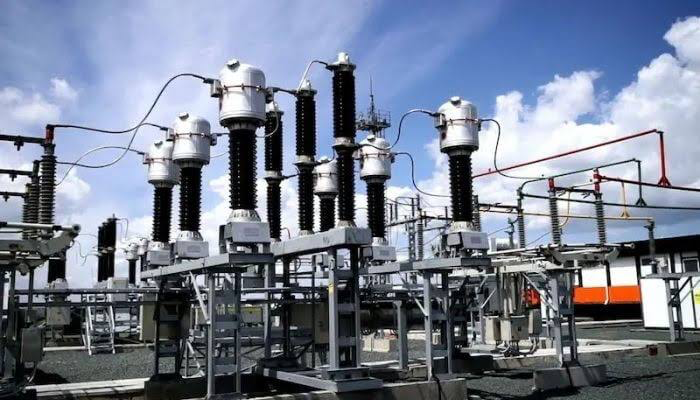The Federal Government of Nigeria has announced an 11 percent increase in the wholesale price of gas supplied to power plants, escalating from $2.18 per Million British Thermal Unit (MMBTU) to $2.42/MMBTU. This adjustment introduces an added financial burden on power generation companies amidst ongoing challenges with gas supply. Since January, gas companies had reduced their supply to power plants due to outstanding invoices totaling over $1.2 billion. Although the government recently intervened with a $120 million payment, the power supply situation remains precarious across the nation.
Furthermore, the government, through a notice issued by Engr Farouk Ahmed, CEO of the Nigerian Midstream and Downstream Petroleum Regulatory Authority (NMDPRA), also increased the commercial wholesale gas price from $2.42/MMBTU to $2.92/MMBTU. This decision is grounded in the powers bestowed upon the NMDPRA by the Petroleum Industry Act, 2021, which authorizes the authority to establish domestic base prices for the local gas market.
The notice explains that the domestic base price and marketable wholesale price are determined based on a regulatory framework that considers several factors, including the need for sufficient natural gas supplies, international benchmarking, and the cost of gas supply. The NMDPRA’s determination aims to balance the promotion of natural gas production with affordability and market realities.
Power sector experts, like Mr. Adetayo Adegbemle of PowerUp Nigeria, express concerns that this price hike will inevitably impact the cost of power generation, given that gas is a primary fuel source for Nigeria’s power plants. The increase in gas prices, compounded by existing foreign exchange challenges, signifies a potential rise in the government’s subsidy burden unless a shift towards full cost-reflective tariffs is made.
This development reiterates concerns over the sustainability of subsidies in the electricity sector. Critics argue that the reliance on subsidies avoids confronting the sector’s systemic issues, including payment for gas in the local currency and the overall financial viability of Nigeria’s power generation. As the country grapples with these complex challenges, the path forward requires thoughtful consideration of economic realities, energy policies, and the long-term sustainability of the power sector.
Source: Vanguard



